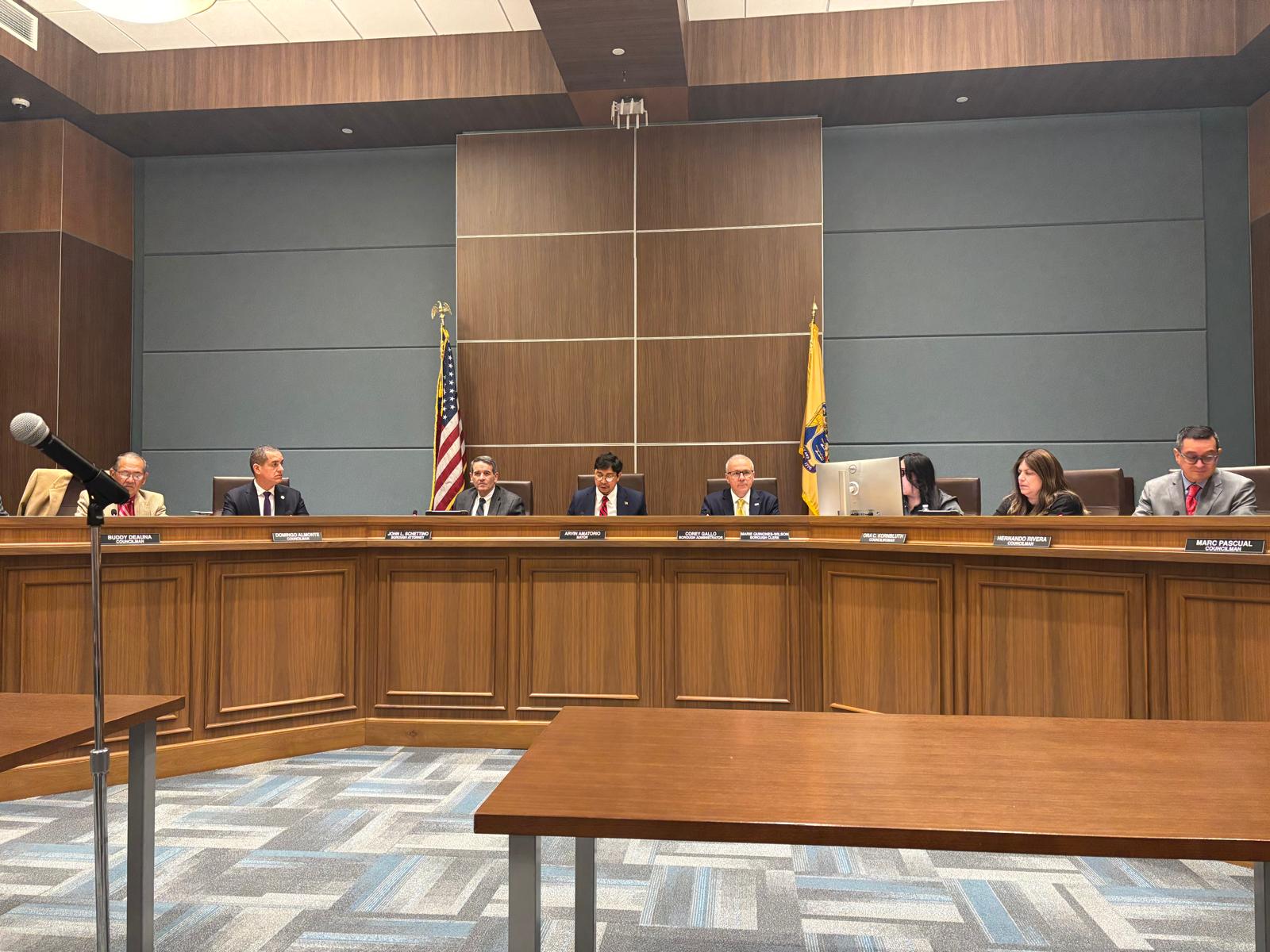

Even with Kim Ng recently named the first female general manager of a Major League Baseball team, there is still enormous resistance against women playing baseball. It is just assumed that men play baseball and women play softball.
Justine Siegal disagrees.
“There is nothing wrong with softball,” said Siegal, founder of Baseball for All, an organization that helps women play baseball. “It is just a different sport than baseball. And if men can play softball, then why can’t women play baseball?”
When she was 13, Siegal was told by her coach that she should no longer play baseball and should start playing softball. It only made her more determined. When she announced at 15 that she wanted to coach college baseball, her coach laughed at her. “I knew I was the only girl playing. But it never occurred to me that people didn’t want me playing, and the more they tried to take the game away from me, the more I held on.”
Siegal knew that to achieve her dream of working in baseball, she would have to prove her worth more than a man would. She earned a master’s degree in sports studies and a doctorate in sports psychology to support her skills, knowledge and experience.
Despite the pushback she faced, Siegal became a baseball trailblazer: she was the first female to coach a men’s college baseball team, in 2008; she was the first female to coach a professional men’s baseball team, in 2009; the first female to throw batting practice for an MLB team, in 2011; and the first female to be employed by an MLB team, in 2015.
“When you tell a girl that she can’t play baseball, what else will she believe she can’t do?” Siegal said. “What else will boys think that girls can’t do? We want girls to think they can do anything.”
While Siegal is in favor of co-ed youth baseball leagues, she feels that such leagues are really just boy’s leagues with girls. The uniforms, equipment and rules in co-ed leagues are all meant for boys, girls have to fight for the same positions as boys, and only a handful are given the opportunity to play or coach. Siegal believes that forming all-girls leagues will create many more opportunities for girls to play as well as take leadership roles. There is no reason to think that one day there won’t be a professional women’s baseball league.
Major League Baseball has finally begun supporting girl’s baseball. In 2017 the MLB initiated the Trailblazers Tournament, a yearly girls baseball tournament.
Started in 2010, Baseball for All strives for gender equality, providing opportunities for girls to play, coach and umpire through creating leagues, community outreach and training programs.
In addition to assisting girls to play baseball, Baseball for All introduced the Captain’s Program in which 15 high school students each conceive of and execute a community-building project and mentor the Junior Captions, in middle school, who design and implement their own community-building projects. Siegal believes that the power and tools her players gain are not only for creating change in baseball, but will be used to inspire change in whichever causes they feel are most important.
I first met Siegal when she served as the mental performance coach for Israel’s 2017 World Baseball Classic team – and she was hard to miss with her blonde ponytail sticking out of the back of her baseball cap. “Jerry Weinstein called me out of the blue,” said Siegal. “I have had to fight and scrape for so many opportunities, so it was great just to be asked.”
It was her dream come true to be able to coach baseball with Israel across her chest, and her experience working with Team Israel during the WBC is the highlight. And although she didn’t enjoy Hebrew School, as it took her away from playing the game she loved, Siegal is a proud Jewish female powerhouse in baseball.
Siegal currently is a consultant on the “A League of Their Own” television show. You can reach out to her and find out more about Baseball For All at baseballforall.com.
Danielle grew up in Teaneck, and made aliyah to Jerusalem following her graduation from Rutgers University. Danielle teaches English at colleges in Jerusalem and has been involved in both formal and informal education for a variety of organizations. Danielle believes that important life skills and lessons are often not ones learned in the classroom, but can be learned from team sports.
By Danielle Barta













